#BoycottNetflix Gains Momentum in India Amid Global Backlash Over LGBTQ+ Content in Children's Shows
Netflix faces a fierce boycott in India and globally over LGBTQ+ themes in kids" shows, with Elon Musk leading the charge. Indian subscribers decry cultural overreach, sparking a significantly market value drop.
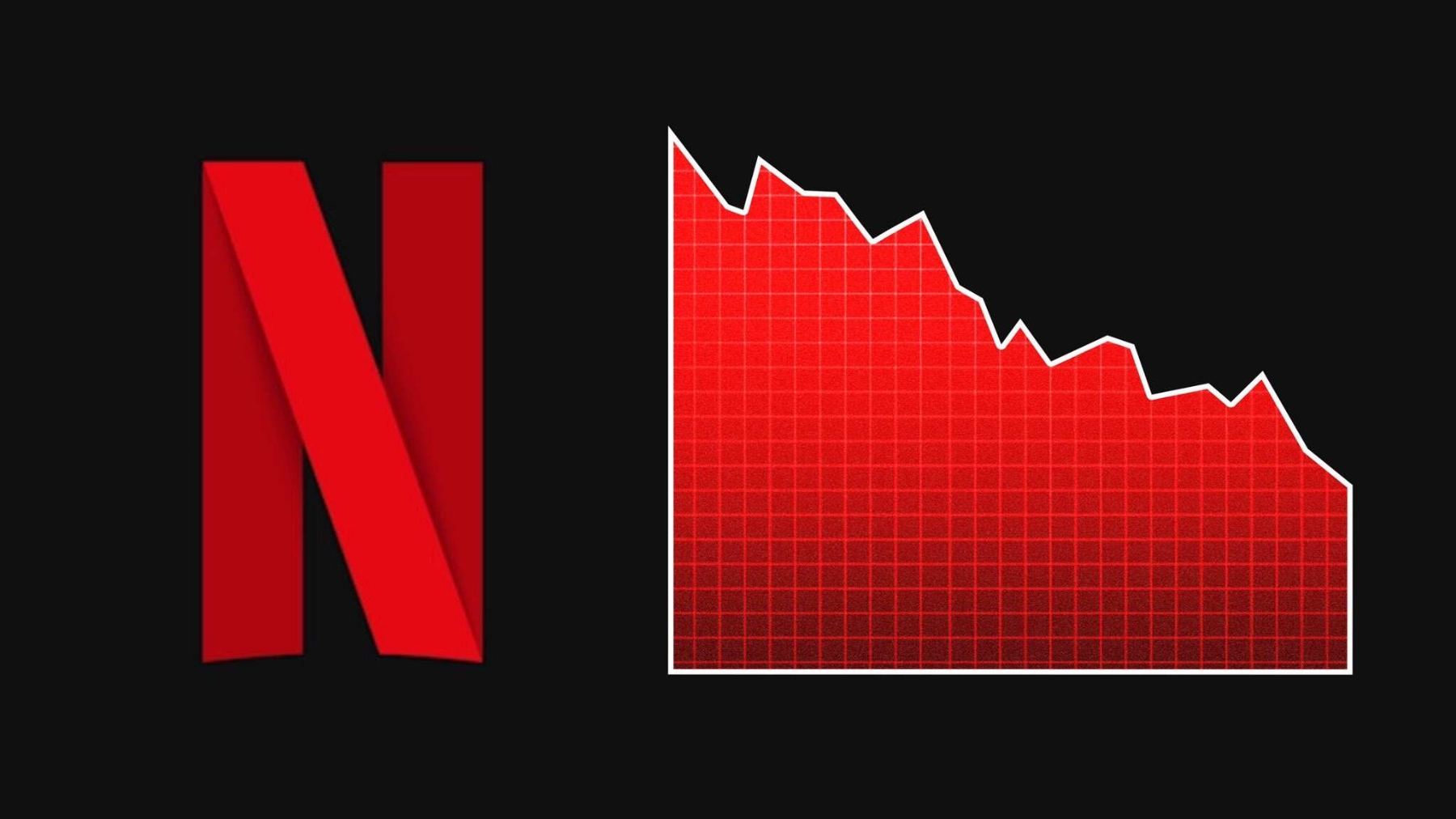
In a seismic shift that has reverberated across global markets, Netflix Inc. is facing a fierce boycott campaign, with Indian subscribers joining a worldwide chorus of dissent against the streaming giant's perceived push of LGBTQ+ themes in children's programming.
The controversy, ignited by a viral thread on X (formerly Twitter) and amplified by high-profile figures like Elon Musk, has led to a staggering nearly 5% erosion in Netflix's market value within 5 days.
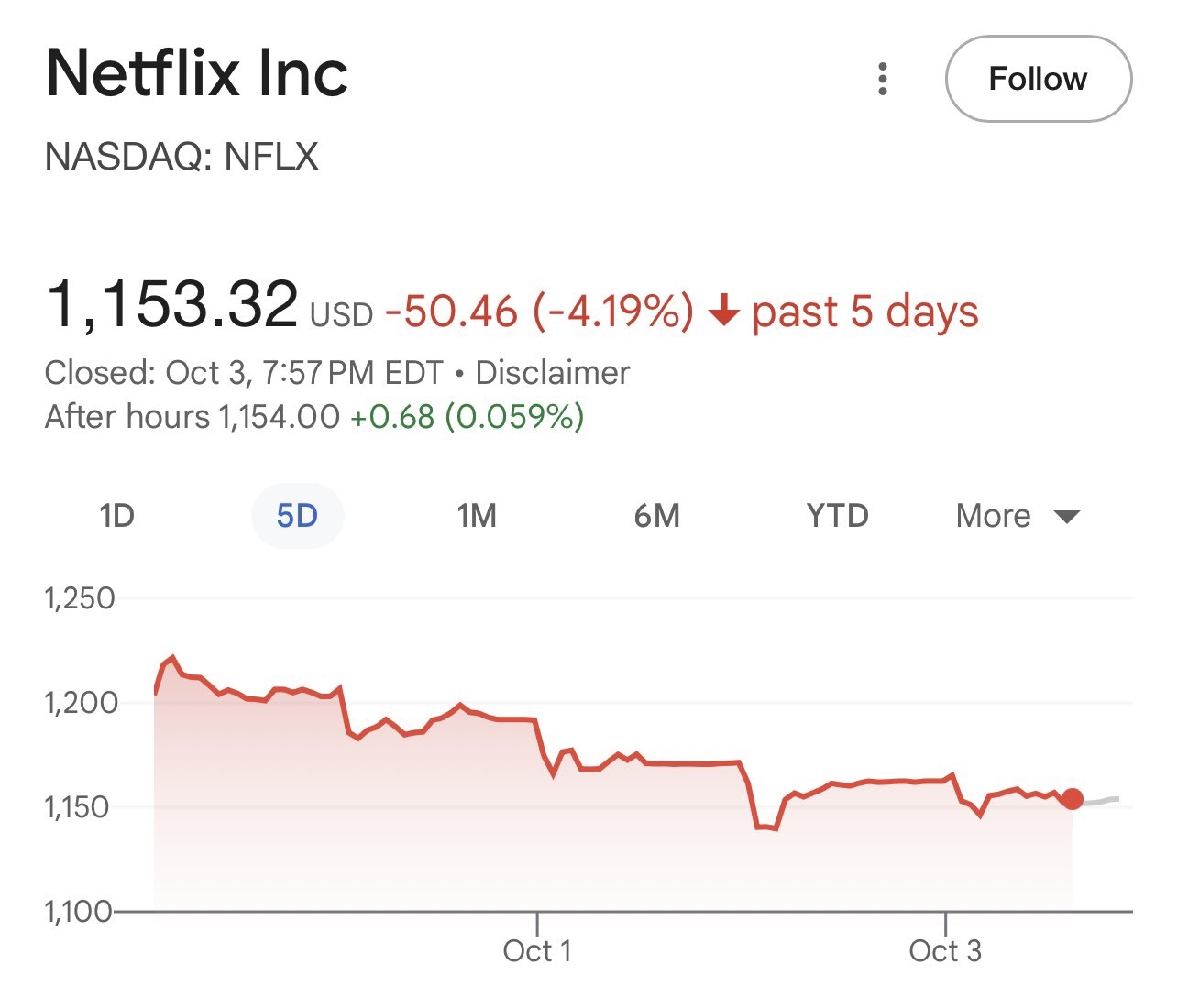
In India, where cultural sensitivities around gender and sexuality are particularly pronounced, the backlash has sparked a national debate on the appropriateness of such content for young audiences, reflecting broader global trends of resistance against what critics label as "ideological overreach" by Western media giants.
The storm broke last week when Elon Musk, the world's richest man and a vocal critic of what he terms "woke" agendas, urged his 227 million followers on X to cancel their Netflix subscriptions. His call to action was fueled by concerns over shows like "Dead End: Paranormal Park" and "Strawberry Shortcake: Berry in the Big City," which feature transgender characters and discussions on pronouns aimed at children.
The campaign gained traction rapidly, with "Cancel Netflix" trending on Google searches worldwide, including in India, where the phrase hit an all-time high. This digital uprising has not only dented Netflix's stock but also prompted a reevaluation of its content strategy in a country where traditional family values often clash with global progressive narratives.
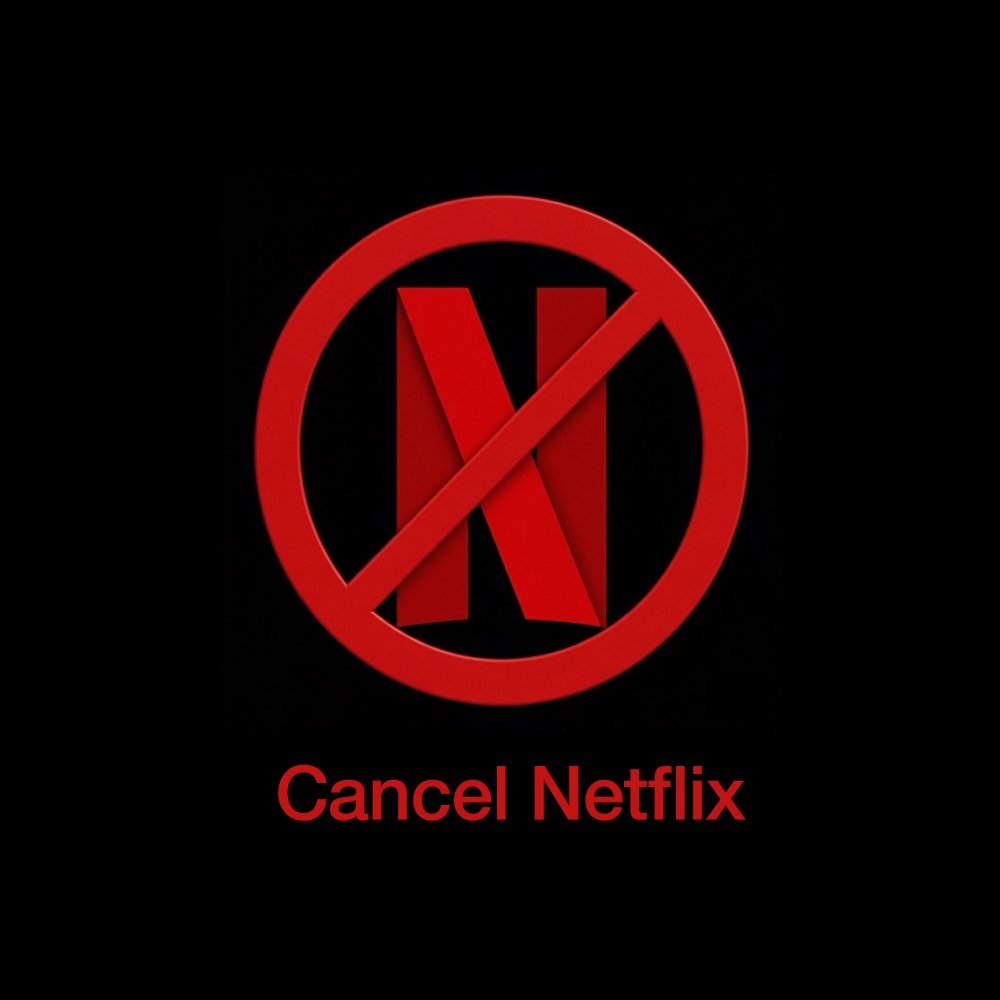
In India, the backlash is particularly acute due to the cultural context. Family-oriented entertainment has long been a cornerstone of Indian media, with parents traditionally gatekeeping content to align with societal norms.
The inclusion of themes like gender fluidity and non-binary identities in children's shows has been met with skepticism and outrage by many. Social media platforms are awash with Indian users expressing dismay, with one X user, @IndianParentVoice, stating, "Netflix is not just entertaining our children; it's trying to reshape their minds with agendas that don't align with our values. This is a direct assault on our cultural integrity."
Another user, @BharatFirst, echoed this sentiment, saying, "We will not allow foreign corporations to dictate how our children should think about gender and identity. Cancel Netflix is the only response."
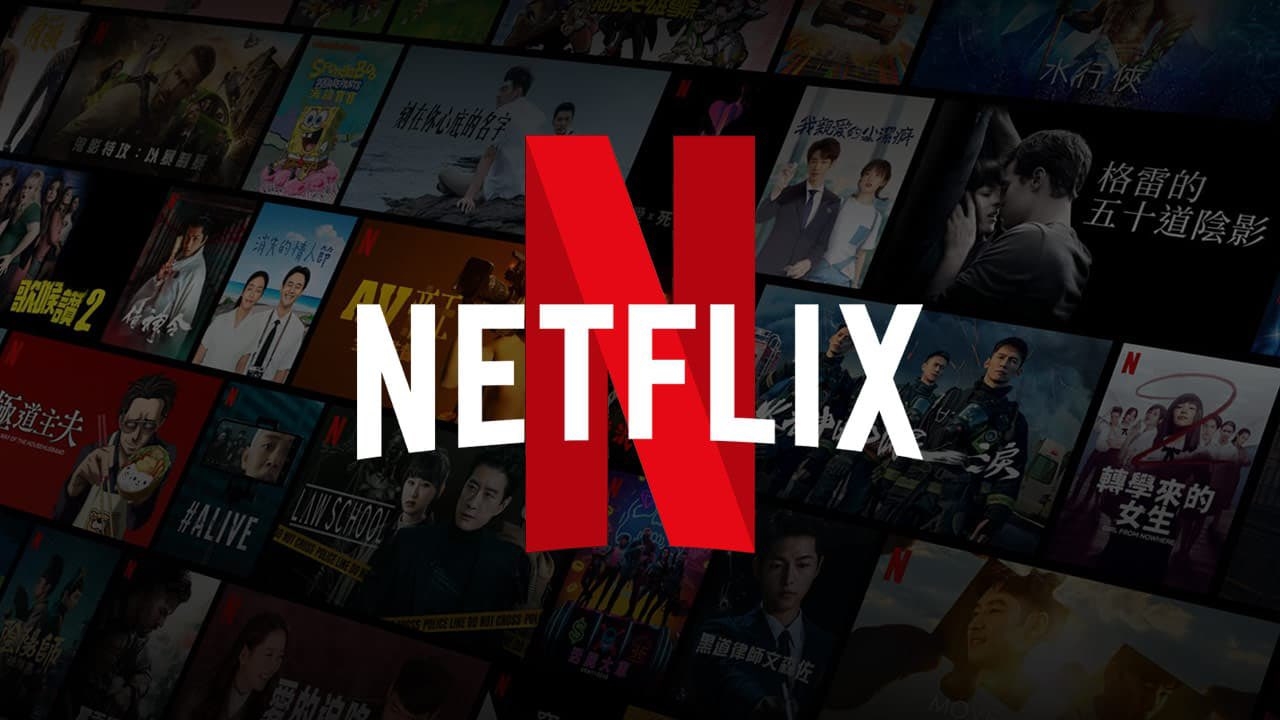
The global trend of resistance against Netflix's content strategy is not isolated to India. In the United States, politicians like Senator Mike Lee and Congressman Tim Burchett have publicly supported the boycott, with Lee tweeting, "Raise your hand if you resent Netflix," a post that garnered over 100,000 likes.
In Europe, similar sentiments are emerging, with parents' groups in France and Germany organizing petitions against what they perceive as the sexualization of children. This international backlash underscores a growing divide between Netflix's content choices and the conservative values held by a significant portion of its global audience.
Netflix's troubles are compounded by its history of controversies. In 2020, the platform faced a similar uproar over the film "Cuties," which depicted underage girls in sexualized dance routines, leading to a temporary surge in cancellations.
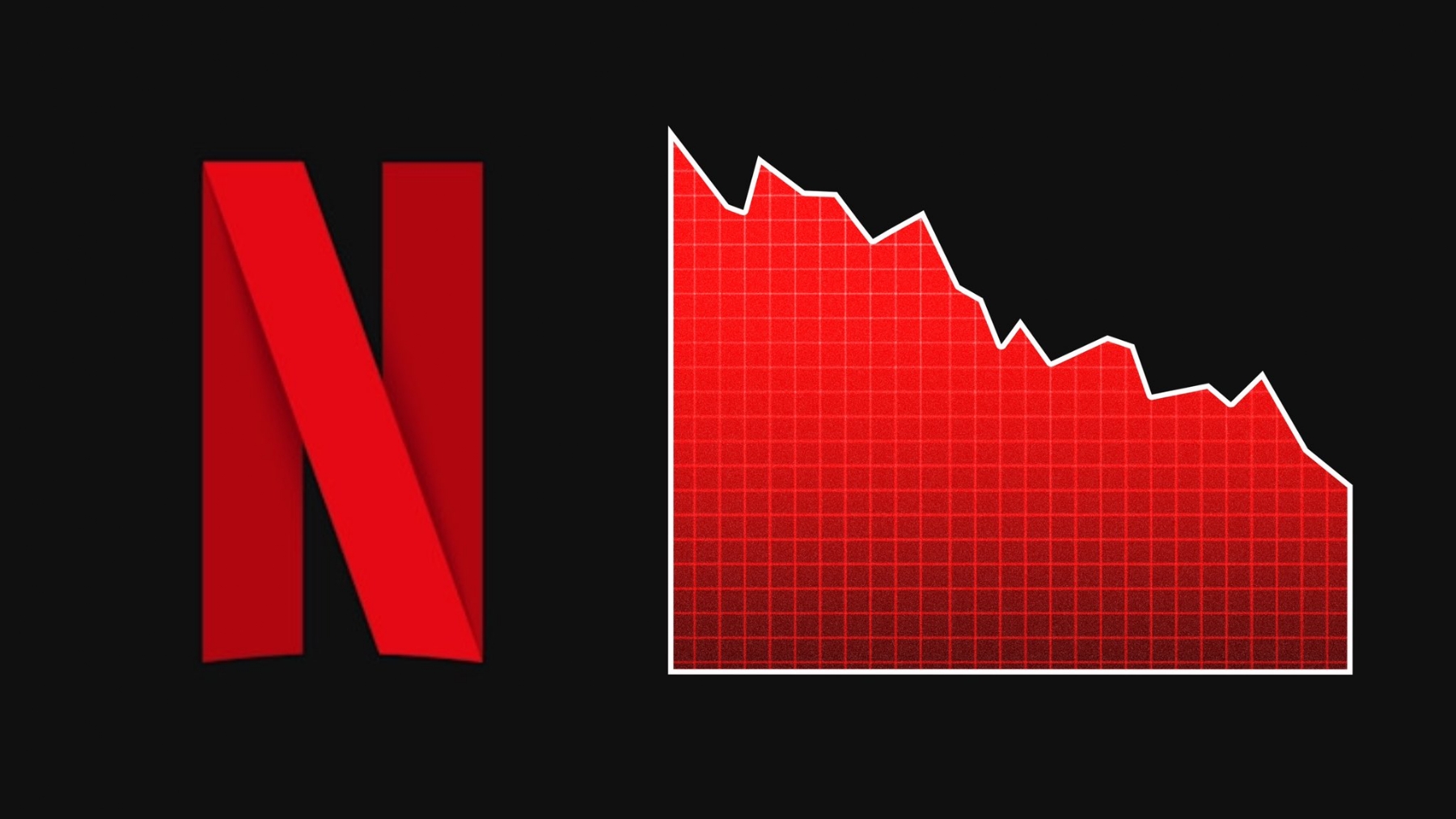
Although Netflix apologized and removed the film from some markets, the damage to its reputation lingered. The current crisis, however, is more pervasive, targeting the core of its business model, subscriber retention.
Industry analysts note that the platform's decision to stop reporting quarterly subscriber numbers makes it difficult to quantify the impact, but the market's response is telling. Shares of Netflix closed at $1,161 on Thursday, down 0.8% for the day, reflecting investor unease.
Despite the uproar, defenders of Netflix's content argue that representation matters, especially for so-called marginalized communities. A statement from a Netflix spokesperson, quoted in Variety, emphasized the company's commitment to diverse storytelling: "Our goal is to reflect the world as it is, with all its complexities and beauties. Representation in media is crucial for fostering understanding and acceptance."
However, this stance has done little to quell the outrage, particularly in India, where the lack of localized content that resonates with traditional values has been a point of contention.
The boycott's impact in India is magnified by the platform's reliance on international markets for growth, as domestic subscription numbers plateau. With over 80 million subscribers in the Asia-Pacific region, including a significant Indian audience, the loss of even a small percentage could be detrimental.
Social media analytics reported a 300% increase in negative sentiment towards Netflix in India over the past week, with hashtags like #CancelNetflix trending alongside global calls for action.
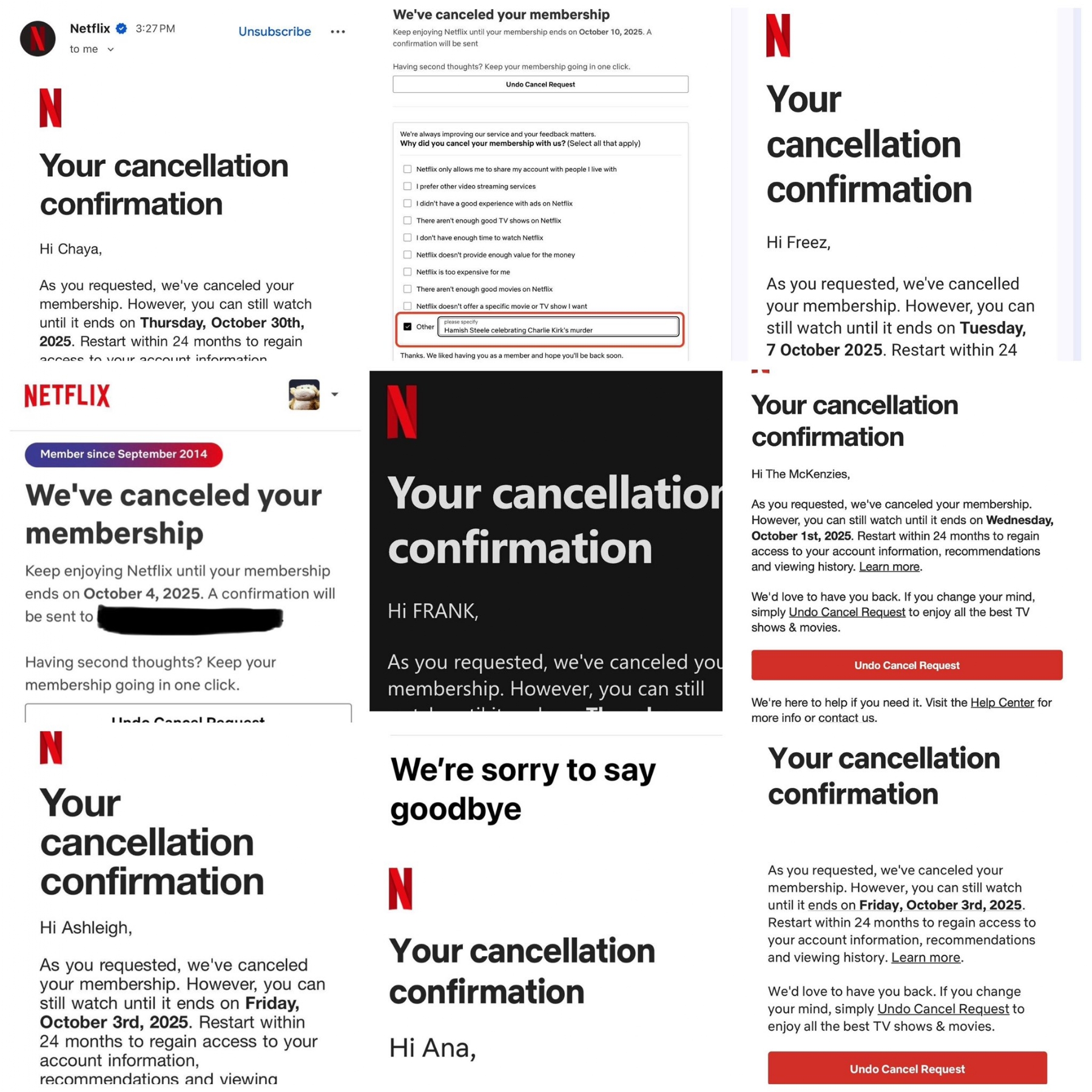
This sentiment is further fueled by the platform's perceived disregard for cultural nuances, as one Delhi-based parent, speaking anonymously, told, "Netflix seems to think it can impose its worldview on us without considering our traditions. This is not just about content; it's about respect."
The global trend of boycotts against perceived "woke" content is not new, but the scale and speed of the Netflix backlash are unprecedented. Companies like Bud Light and Target have faced similar campaigns in the past, with significant financial repercussions.
As the debate rages on, the outcome will likely shape the future of streaming content, particularly in markets like India, where cultural identity remains a powerful force.
In conclusion, the Netflix boycott represents a clash of ideologies, with Indian subscribers at the forefront of a global movement questioning the appropriateness of LGBTQ+ themes in children's programming.
As the platform grapples with a significantly market value loss and a surge in cancellations, the coming weeks will be crucial in determining whether it can navigate this cultural minefield or face further erosion of its subscriber base. For now, the message from India and beyond is clear: the fight for cultural integrity is far from over.


